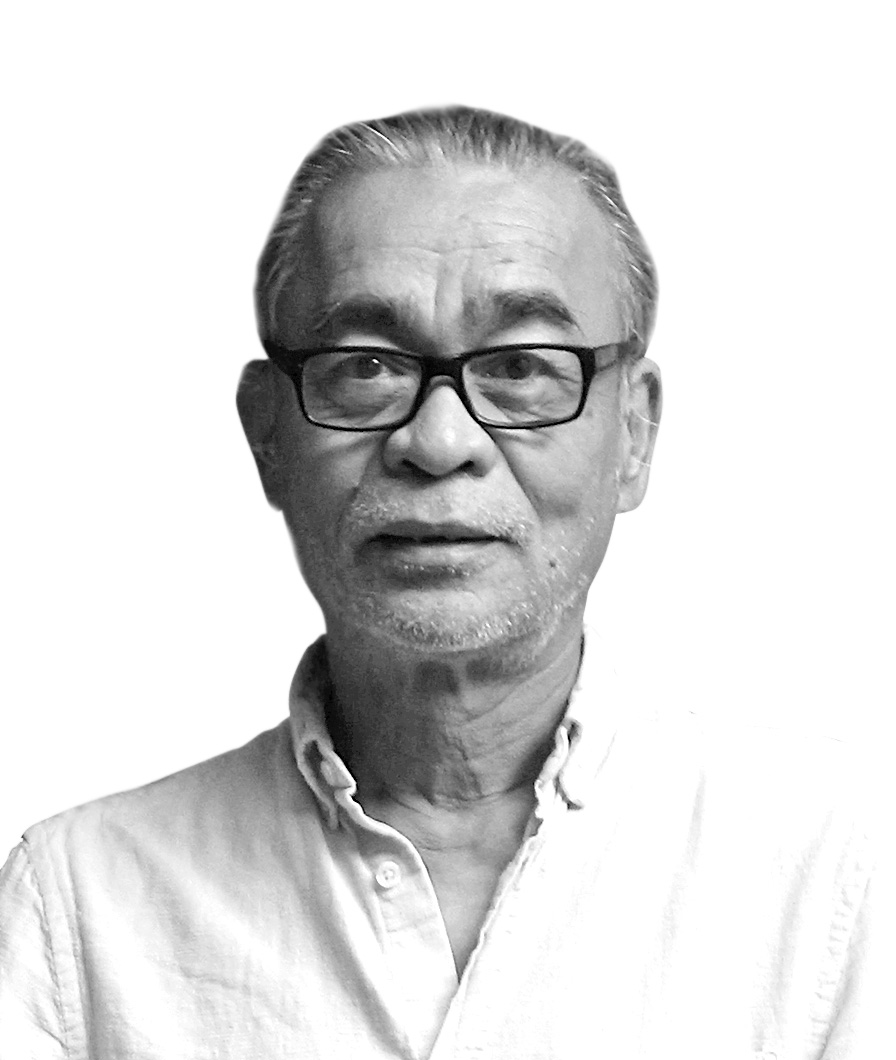
RAYMUND FERNANDEZ
I grew up as a child in Paradise. Though this Paradise seemed a poor one; Still, it seemed to me as if we were the richest people there. And this fact planted in me the seeds of a wonderful guilt that stays with me even to this day. For though I would find out later on in life how truly poor we were I always knew there were others so much poorer than we; Some of them, impossibly poor.
As a young man, I began my professional career as a feature writer for a weekly magazine. I once covered a young woman, no husband, two children, no visible means of support save for a pig that she was fattening up for eventual butchering and sale. Her daily cycle involved going to the nuns at Immaculada Concepcion School for food scraps to feed the pig. I suppose she got food there also for herself and her children. She lived in a relocation site in Compostela. The nun’s school was many kilometers away in Gorordo Avenue, uptown Cebu City. I was appalled that given her condition, she still survived and was quite capable of struggling on. She must have been as capable as I for those feelings of momentary hope and joy that keep us going.
This was far and away from Ylaya, Dumanjug municipality, where I grew up as a child under the care of my family. We lived inside a rural folk culture. We too had little by way of means. And yet, we also had little by way of want. My mother, Consuelo, who graduated as a Pharmacist from UP Manila — she received The Collegian regularly by mail — was their doctor for ordinary ailments not requiring a real doctor. We had enough. What we had more of we gave to others who might have needed it more. We lived in a culture that was, convivial, nurturing, and I would even go so far as to say, Epicurean, after the Greek Hellenistic philosopher whom I chanced upon last week in YouTube under a site called, Philosophy: Epicurus. I would go so far as to exclaim how it was this Epicurean community that defined me as a person. For while I would lose and gain much in the course of life, one thing stays with me: Hope, Happiness, and the feeling of well-being are not impossible. In fact, They are quite easy. Though it may not seem so inside the complexity of the industrialized urban life that we must struggle in right now. I have to see through this complexity and figure it as illusion, which only hides the same Paradise that I grew up in. I am convinced it is still there though it lies hidden under many layers of required pretensions and the constant competition that defines the rat race. It is there, though not so easy to see.
To see it, one must see the beyond obvious the distrust and fear in the eyes of those around us. We all want the same things really: Hope, Happiness, and Well-being. But we tend to think that others threaten our ability to get these. Or, we go by the notion that these things are difficult to achieve, that to get these involves conflict, unending pain, and sacrifice. We need more because we want more. It is this want that makes us even poorer than we should be.
In the Ylaya, Dumanjug municipality, of my childhood, we knew we had little. But we knew we needed little to get those things that we really ought to want: Hope, Happiness, and Well-being. And so we were not really poor despite living admittedly
poorly.